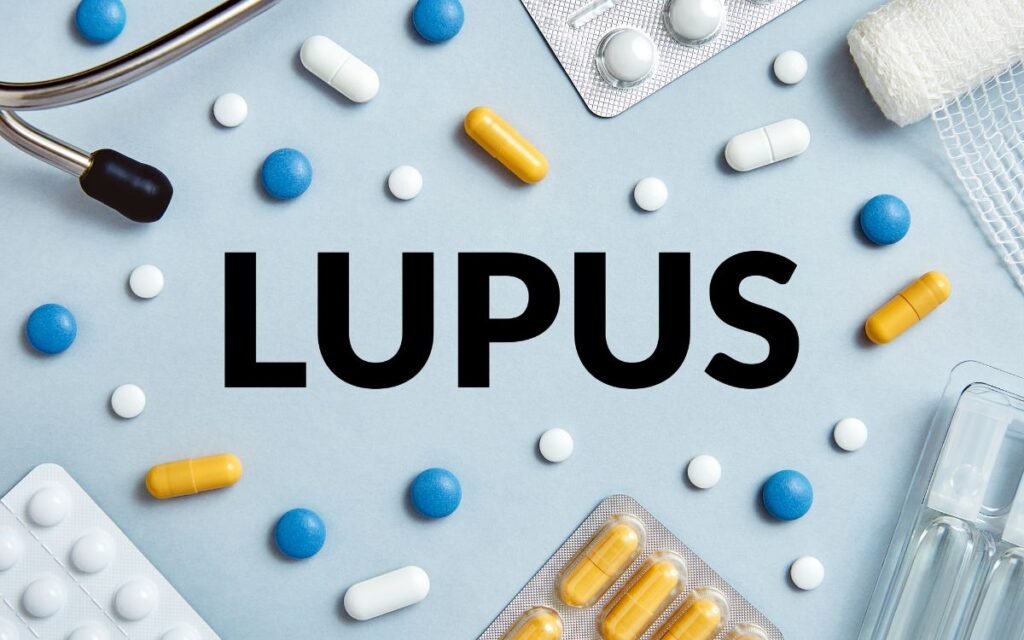In a groundbreaking development, Nkarta is pushing the boundaries of cell therapy beyond the realm of cancer. The FDA has granted its go-ahead for human trials of a CAR NK candidate in the treatment of lupus, a milestone that resonated powerfully with investors, driving Nkarta’s stock price up by a remarkable 112%.
Nkarta’s President and CEO, Paul Hastings, emphasized the pressing need for better treatment options for autoimmune patients, whose current choices are often characterized by toxicity and significant challenges. In an interview with Fierce Biotech, Hastings articulated the company’s vision: “What we’re hoping to do is to move that patient population into an easier to take, patient-friendly therapy.”
The momentous announcement came on October 17 when Nkarta disclosed the FDA’s approval for a human test of NKX019 in lupus nephritis. This development ignited a surge in Nkarta’s stock price, catapulting it from $1.47 per share at the market’s opening to a closing price of $3.14 on the same day.
Also Read: Kezar Faces Significant Staff Loss, CEO Persists In Advancing Lead Lupus Candidate To Phase 2 Milestone
NKX019, an allogeneic, CD19-directed CAR NK cell therapy candidate, is already undergoing phase 1 trials for patients with B-cell malignancies, with top-line data anticipated for release next year. This ambitious leap in the field of autoimmune therapy also coincided with a strategic workforce reduction at Nkarta. The company is set to lay off 18 employees, as disclosed in documents filed with the Securities and Exchange Commission on October 16. These layoffs, as Hastings clarified, are being implemented across various functions and align with the company’s mission to concentrate on advancing its later-stage programs, with a particular focus on NKX019.
The staff reductions are part of an effort to conserve financial resources and ensure the smooth operation of the company through 2024, a pivotal year that Nkarta anticipates will bring multiple clinical data readouts. Alongside other cost-cutting measures, these layoffs are projected to extend the company’s financial runway by an additional year, into 2026.
As of September 30, Nkarta boasted $278.4 million in financial reserves, offering substantial backing for its ambitious foray into lupus nephritis. This autoimmune condition predominantly affects the kidneys and stands as one of the most severe manifestations of systemic lupus erythematosus (SLE), a condition where the immune system mistakenly attacks the body’s own tissues, leading to widespread inflammation and tissue damage.
Also Read: Inventiva And Kezar Partner With Asian Biotechs To Advance NASH And Lupus Drugs
Nkarta’s aspirations, however, extend beyond lupus, as elucidated by Chief Medical Officer David Shook, M.D. The company is actively exploring treatment options for various autoimmune diseases driven by autoantibodies, not limited to lupus. Their theory draws support from a German study involving CAR-T cells, which achieved remission in all five SLE patients, sustained even after the reappearance of B cells.
The forthcoming trial will be a multicenter, open-label, dose-escalation study focusing on patients with refractory lupus nephritis. The treatment regimen involves a three-dose cycle of NKX019 administered on three separate occasions, each one week apart, following lymphodepletion with cyclophosphamide, a well-established immunosuppressive drug with a track record of safety in lupus treatment.
The trial’s scope is expected to encompass up to 12 patients, with the initial patient slated to enroll in the first half of 2024. Nkarta has also entered into a strategic partnership with Lupus Therapeutics, a clinical research affiliate of the Lupus Research Alliance, to expedite the development of NKX019.
Also Read: Significant Surge In Biologic Medications For Lupus Treatment As Rheumatologists Shift Away From Traditional Off-Label Therapies
Current lupus treatments, such as GSK’s Benlysta and AstraZeneca’s Saphnelo, have limitations, often requiring lifelong treatment and proving largely ineffective. NKX019, if successful, could revolutionize the landscape of autoimmune therapy. Its off-the-shelf availability holds the potential to alleviate the burden on patients and eliminate the costly infrastructure and treatment delays associated with autologous cell therapies. This self-sustaining asset operates without the need for substantial cytokine surges from preparative chemotherapy, making it a promising contender in the quest for more patient-friendly autoimmune treatments.





























